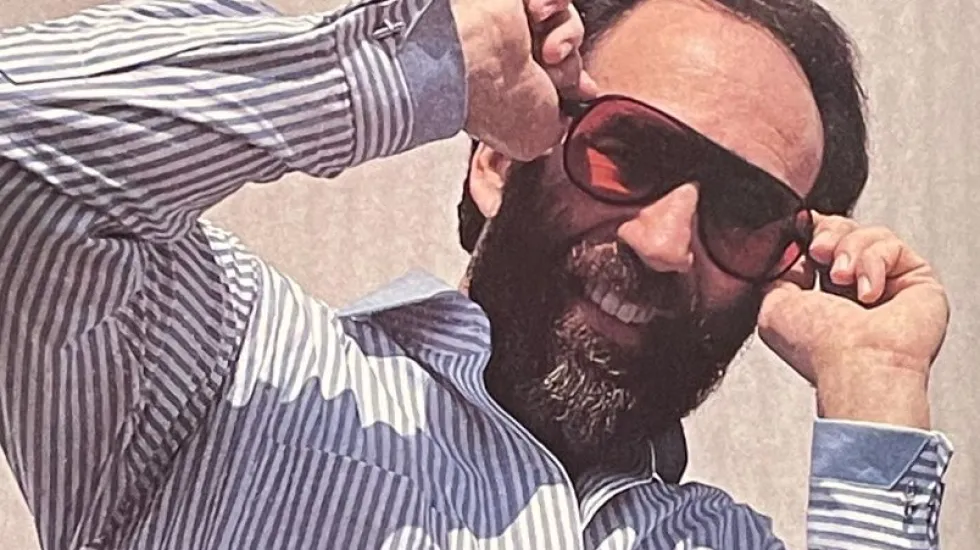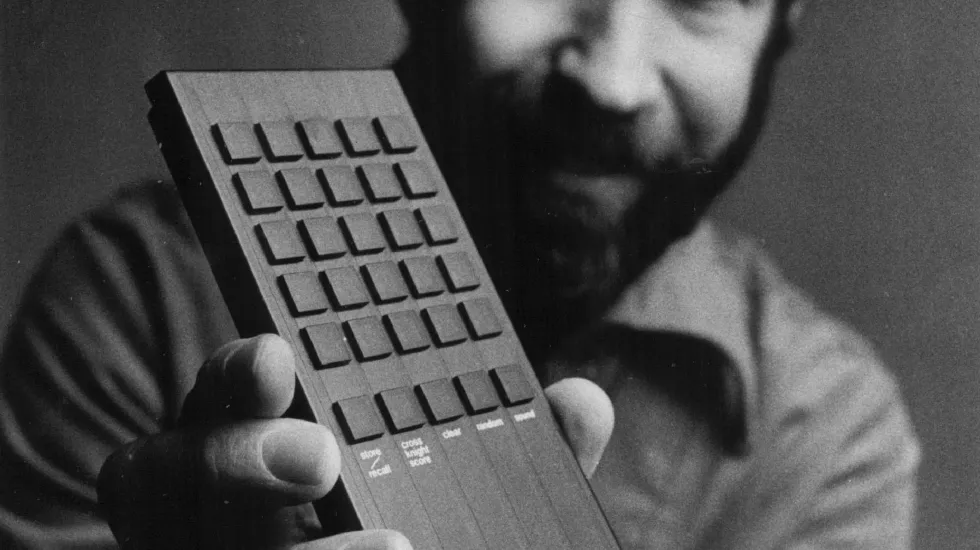
Joseph Sugarman had a thing for stories. He figured out how to tell stories to pique people’s curiosity and get them to buy something.
He sold a game based on the Watergate political scandal. With the Cold War on people’s minds in 1983, he marketed a rudimentary computer game he called the Hungarian Conspiracy, using reverse psychology in the sales pitch. In a long tongue-in-cheek entry he published in his mail-order catalog, Mr. Sugarman said the addictive game was part of a Communist plot to take over the U.S. and that people should send in $29 for it, just so they could warn others about its harm. In his book, The AdWeek Copywriting Handbook, he called the effort only moderately successful but one of his favorite creations.
But wait, there’s more. In 1986, he hit upon the crowning product of his career. Acquiring a patent from a bankrupt company that had done business with NASA, he sold BluBlocker Sunglasses to a receptive public. They block the sun’s blue light to reduce glare. That means you won’t squint so much — so he could even say the sunglasses fight wrinkles. They are still sold.
Bears quarterback Jim McMahon wore them in a marketing campaign after winning the Super Bowl. The sunglasses got profitable placement as a cool fashion accessory in Hollywood films. Mr. Sugarman was able to move his family and business from Northbrook to Las Vegas.
“He was very much an entrepreneur and when you’re like that, you’re always working, or at least thinking about your next project,” said his daughter, April Sugarman-Smith. She said her father’s vivid imagination was evident in his parenting. When she and her sister were little, she said, he would tuck them in with elaborate bedtime stories, big budget productions of the mind, that often referenced some event from his daughters’ day.
Mr. Sugarman, 83, died in Las Vegas of natural causes March 18, surrounded by family, Sugarman-Smith said.
Known for refining the craft of “advertorials,” ads written in newspaper article form, and later for infomercials that relied on testimonials from real people, Mr. Sugarman was named Direct Marketer of the Year in 1979 and in 1990 won an award for innovation in the direct response industry.
Mr. Sugarman was born in Oak Park and lived for a time in Rogers Park. Family members said that when he was just short of graduating from the University of Miami as an electrical engineer, the U.S. Army drafted him and sent him to Germany for three years, where he worked in the intelligence unit and with the CIA.
Returning home, he started on a road less traveled, marketing Austrian ski lifts in the United States. He was good enough at it that resorts backed him in an ad agency before he turned to selling mail-order electronics out of his basement, by that time in Northbrook.
Mr. Sugarman claimed he sold the first mail-order pocket calculator and the first liquid-crystal display watch. He also said his company, JS&A, was the first to use an 800 number for credit-card orders.
A 1986 article in the Sun-Times mentioned one of his hits, a $40 walkie-talkie he could promote as the Pocket CB when citizens band radios were the craze. He sold 250,000.
But not everything could be a winner. The article also cited the $1,500 laser-operated mousetrap that nobody bought.
And Sugarman-Smith recalled how her father tried to start a Batman-themed credit card when the Caped Crusader had a TV show in the 1960s. A licensing company executive said OK — but then there were changes at the company, and Mr. Sugarman was stuck with a quarter-million Batman credit cards he had printed. His daughter said they still have some around the house. Another clunker was the “nuclear mailbox,” designed to survive when everything else was gone.
He taught his children to be unafraid of failure, urging them to develop “roots and wings,” Sugarman-Smith said, to be well-grounded and to soar.
After becoming known for his marketing acumen, Mr. Sugarman would put on seminars for executives at a vacation home in Minocqua, Wisconsin, often having his children participate in presentations. An actor, writer and film producer, Sugarman-Smith said she used that experience to pitch the BluBlocker Sunglasses on QVC. She said her father gave a presentation to Google about 10 years ago.
For years, Mr. Sugarman lived part-time on Maui, where he published a weekly newspaper. In his later career, he invested in a company that sells anti-aging products.
Other survivors include daughter Jill Sugarman-Fickett, three sisters and two grandchildren.
He will be buried April 25 at Shalom Cemetery in Arlington Heights, with a celebration of his life to follow.








